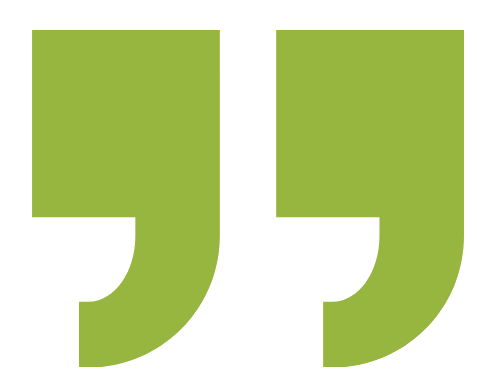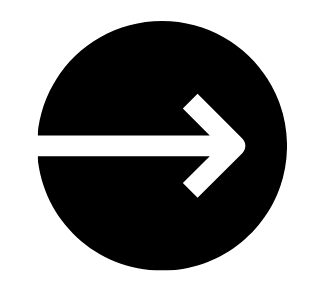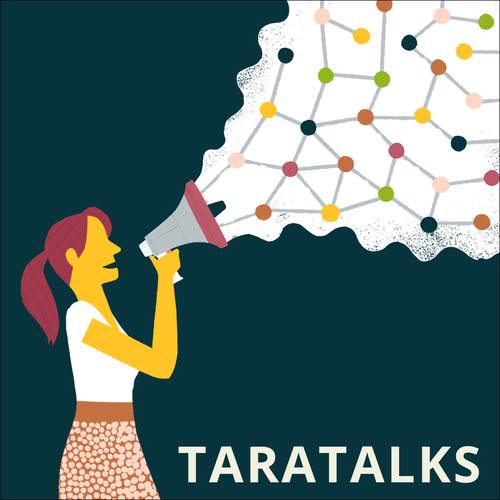Dr. Korie Grayson learned two lessons you won’t find in an engineering textbook: Set personal boundaries and put yourself first. There isn’t a rigorous self-care formula to follow; it’s something that you adlib, and your ability to set boundaries evolves with time.
“As you go throughout your life, you know more about yourself, your needs and how to get your self-care needs met,” she tells Gotara founder and CEO D Sangeeta in our recent TARATALK conversation.
“It’s always a constant activity and cognitive exercise about self-awareness and determination…. No one is going to fight for you like you do, so you should not feel guilty to fight for yourself and set boundaries.”
Korie credits her mother for instilling in her and her brother an awareness that they have to be their own advocates, but she didn’t put those lessons into practice until she was in grad school at Cornell.

“I had to start blocking off times where I would focus strictly on myself,” Korie recalls. “In grad school, I started going to the gym. I started seeing a therapist and having conversations with her, and she helped me start setting those boundaries… Once I realized that I had to take care of me first, everything else just kind of fell right in line.”
Dr. Korie Grayson
KORIE’s Self-care Action plan
HERE ARE 5 tips for setting personal boundaries in your STEM life.
1. Set boundaries, but know that it takes time.
“You don’t all of a sudden know exactly how to set boundaries,” says Korie, adding your self-care plan will change as situations in your life evolve, like becoming a parent, starting a new relationship or a new job.”
2. Keep it simple.
“I had to start blocking off times where I would focus strictly on myself,” Korie recalls. “In grad school, I started going to the gym. I started seeing a therapist and having conversations with her, and she helped me start setting those boundaries.”
3. Communicate your boundaries to those you love (or work with).
“You have to let them know that it’s not about them,” says Korie, adding that you need to tell them that you can only help them if you take care of yourself first.”
4. Don’t feel guilty about taking time out for self-care.
“No one is going to fight for you like you do. So, you shouldn’t feel guilty for fighting for yourself … or putting yourself first if you’re not harming anybody.”
5. Don’t worry about #FOMO:
“Some people have a fear of missing out if they say no, but I would rather have that and have my peace, rather than drama from someone else.”
#HerStory

Korie Grayson
Biomedical Engineer
Chemical Engineer/Researcher
STEM Diversity Advocate
Follow
Visit
Korie’s STEM STORY
Korie doesn’t come from a STEM family. Both her parents put in 20+ years in the military, including deployments in Afghanistan for her mother. “They’re very proud army vets, and I’m super proud of them for the work that they’ve done for this country,” says Korie, adding she knew this wasn’t the path she wanted to take. Although both her parents didn’t go to college, it’s something they wanted for their children.
A high school counsellor was also instrumental in encouraging Korie to take chemistry and calculus—at a time when she just wanted to focus on playing basketball. She did both—even if that meant she was often studying late into the night. The teachers inspired her—and she discovered her love for STEM. She applied at many universities—and received more than $400,000 in scholarships—but decided to attend Norfolk State University in her native Virginia. It was a place where she felt at home—and where people looked like her and had a similar background.
Trust youR instincts
“It was kind of like a safe place or a haven,” she says, adding when she went on to other institutions for summer research projects, she realized just how under-represented women minorities—especially women of color‑were in these settings. It’s why she is an advocate for diversity in STEM, and she hopes her path and story inspires others.
After graduation, she worked at a biomedical device manufacturer in Georgia, where she developed an artificial vein for dialysis patients who had experienced stenosis. From there, she moved on to complete her PhD at Cornell. She’s not sure what’s next, but as her career evolves, she will continue to use her influential social media profile to broaden people’s understanding of what it means to be a scientist.
“If I can make it in this field and look, be and present myself the way that I am, then you can too.”





